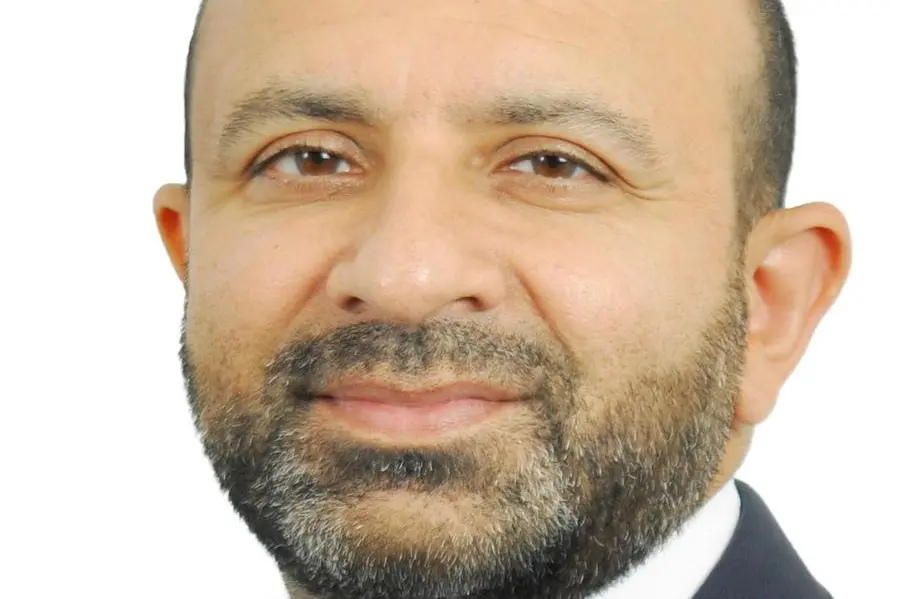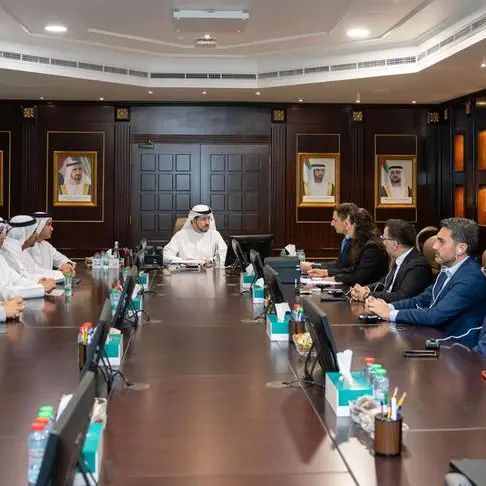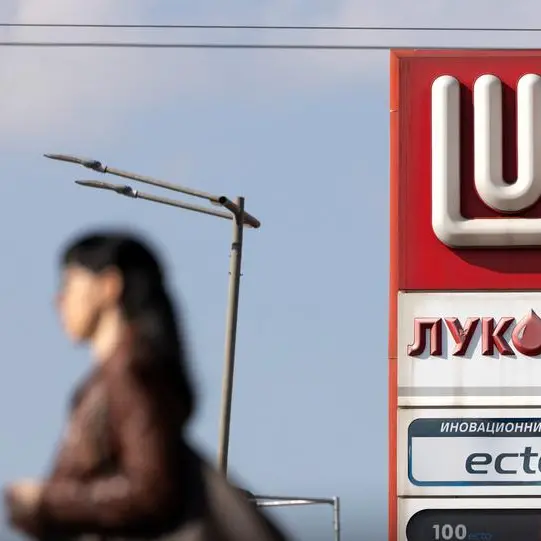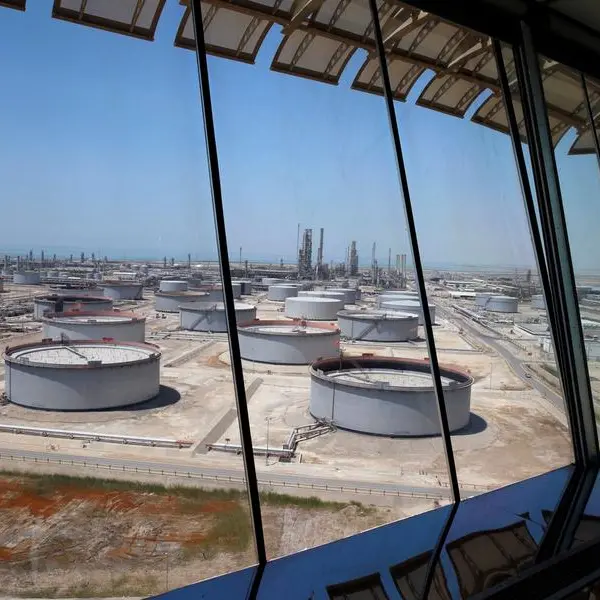PHOTO
Reducing emissions in the supply chain remains a major challenge for the GCC region due to a lack of established manufacturing bases, Sachin Kerur, Managing Partner, Middle East, Reed Smith, told Zawya.
“Oversight and tracking emissions in the supply chain is clearly an issue, given that many companies in the region operate in fragmented industries,” he said.
This means costs, including technology, lack of skilled resources, inaccessible infrastructure, and a lack of clear information and support on measures and pathways to adopt, are barriers to implementing corrective preventive action for many smaller regional corporations.
The UN climate change conference, COP28, opened last week in the Expo City Dubai with a resounding call to accelerate collective climate action. The summit will run until December 12, 2023.
Despite the challenges, many regional private-sector companies have been taking strong actions to reduce harmful emissions, which is by the scale required to achieve the Paris Agreement temperature standard.
Kerur said COP28 is critical in ensuring that countries implement their net-zero objectives vigorously, adding there is a continued drive to seek additional initiatives to curtail harmful emissions.
“The first global stocktake, a process mandated by the Paris Agreement, will be reported at the conference. This stocktake represents a comprehensive evaluation of nations’ progress toward the Paris Agreement’s goals, providing an essential framework to strengthen climate action in response. This is effectively an accountability exercise to ensure that each nation is actively attempting to implement the Paris Agreement.”
When asked how COP28 creates awareness and offers sustainable finance solutions, Kerur said COP28 is shining a light on how global financial systems and agencies can protect the global economy from the risks of climate change.
“There is a clear direction on how financial solutions can boost investment in clean energy,” he added.
Discussions will focus on mobilising adequate funds to address climate challenges and implementing the new “loss and damage” fund designed to provide financial aid for climate reparations in developing countries particularly “vulnerable” to climate change repercussions.
Highlighting Reed Smith’s commitment to environmental sustainability, Kerur stated that the company adopted a plan with measurable and transparent targets in May 2022.
The plan focuses on reducing carbon emissions, promoting recycling, and enhancing internal engagement as key priorities to drive lasting environmental sustainability within the firm and the legal industry, he noted.
(Editing by Brinda Darasha; brinda.darasha@lseg.com)





















